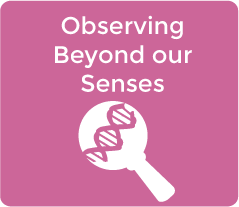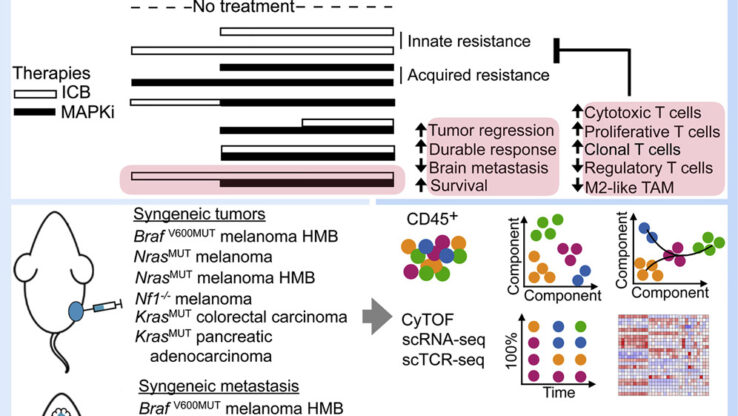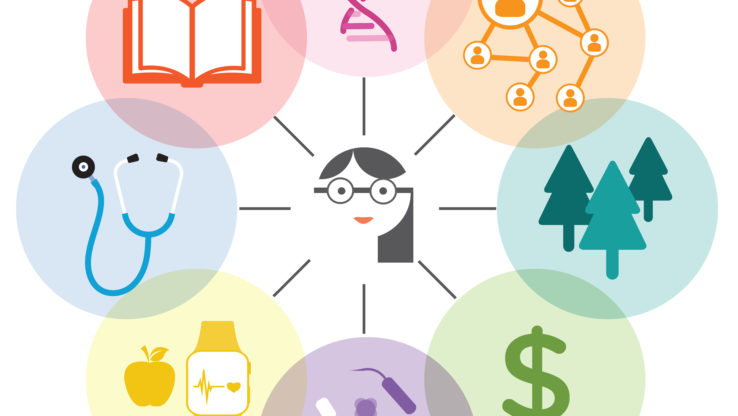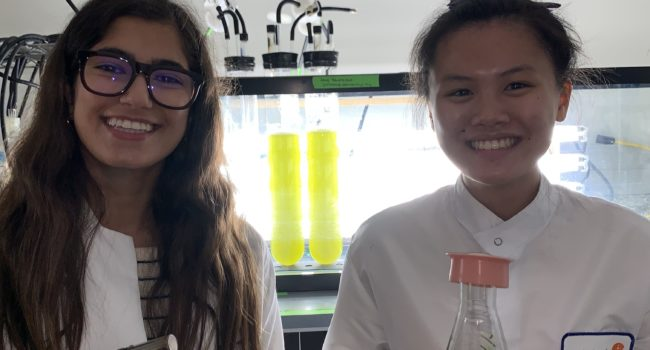Class: 16 | Genetics
 see.isbscience.org/curriculum/community-contributed/class-16-genetics/
see.isbscience.org/curriculum/community-contributed/class-16-genetics/
MAIN THEME:
DNA is underlying information storage and is the hereditary unit of life on Earth.
Learning Objectives
- Conceptualize genetic diversity & its relationship to DNA, RNA & proteins
- Examine genetic and species diversity
- Recognize gene variability through alleles
- Define heterozygous, homozygous & epigenetics and their influence on genotype & phenotype
- Predict inherited genotypes and phenotypes with virus models
Pre-class activity/activities:
Epigenetics Listening homework: http://www.radiolab.org/story/251885-you-are-what-your-grandpa-eats/
Heads Up:
Materials for class:
Virus models and hereditary dominance/recessive worksheet
Due Today:
Assign Today:
Genetics Worksheet & Readings
Next class:
Genetically Modified Organisms
Lesson Plan:
A. 5 min Learning objectives
B. 15 min DNA – definition & importance to biodiversity as basis of genetic diversity which is necessary for species and ecosystem diversity. Gene, genotype, phenotype arise from DNA transcription & translation – central dogma of biology
C. 15 min Species biological/organismal definition compared to species DNA similarity definitions. Note how mutations & sex create changes in DNA which create genetic and thus species diversity.
D. 15 min Alleles and genetic inheritance – heterozygous vs homozygous from parents via Punnett squares
E. 15 min Heterozygous/homozygous affects on phenotypes with three examples: straight dominance, straight recessive & mixed dominance = gene interactions & epigenetics importance from homework
F. 20 min Virus building activity – make own virus, note the process of transcription to translation in your own virus. Now mate virus with partner, what would offspring's genotypes and phenotypes be?
Post Class Notes
Good response to virus genetics activity, it was messy and confusing at some points, but that is real life gene-recombination and allowed me a chance to interact with most students. Majority of students had had Punnett square genetics, but still were given pause when asked to work through their own on the worksheets. Maybe have more epigenetic, polygenic, & co-dominant explicit examples, although current content filled the time.






